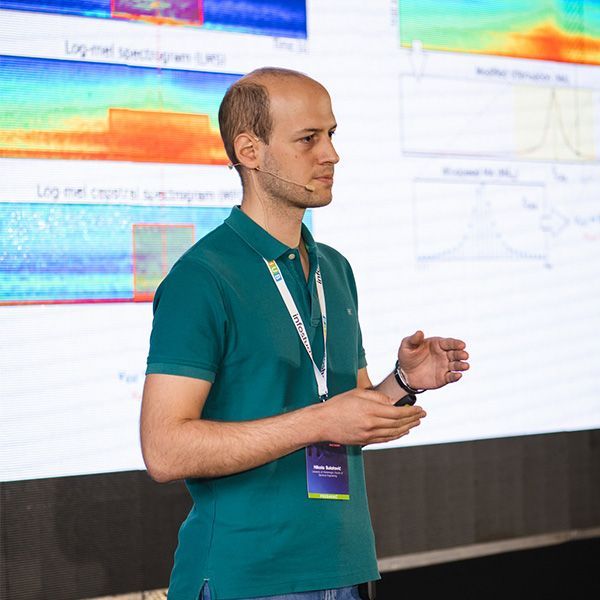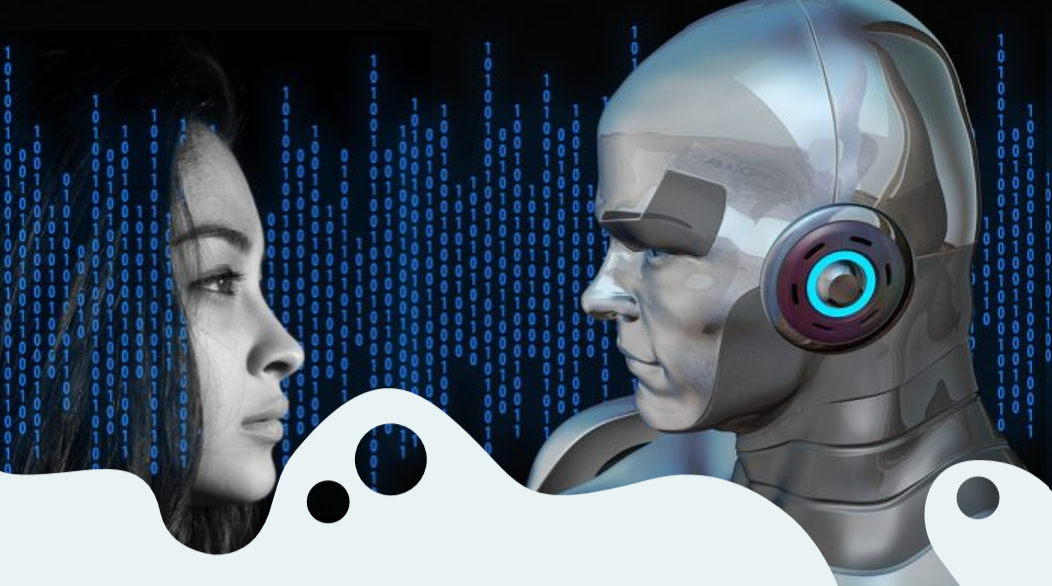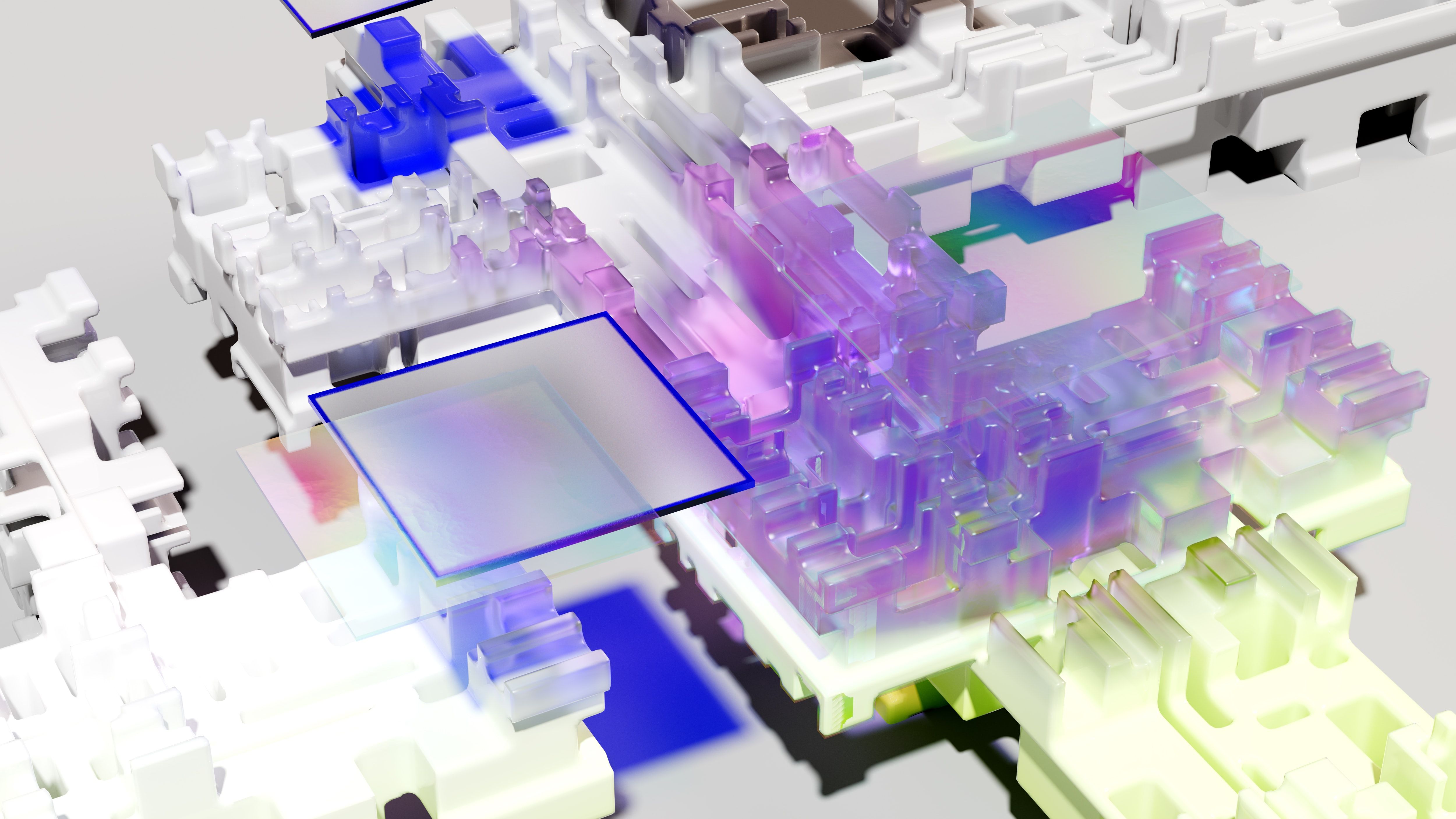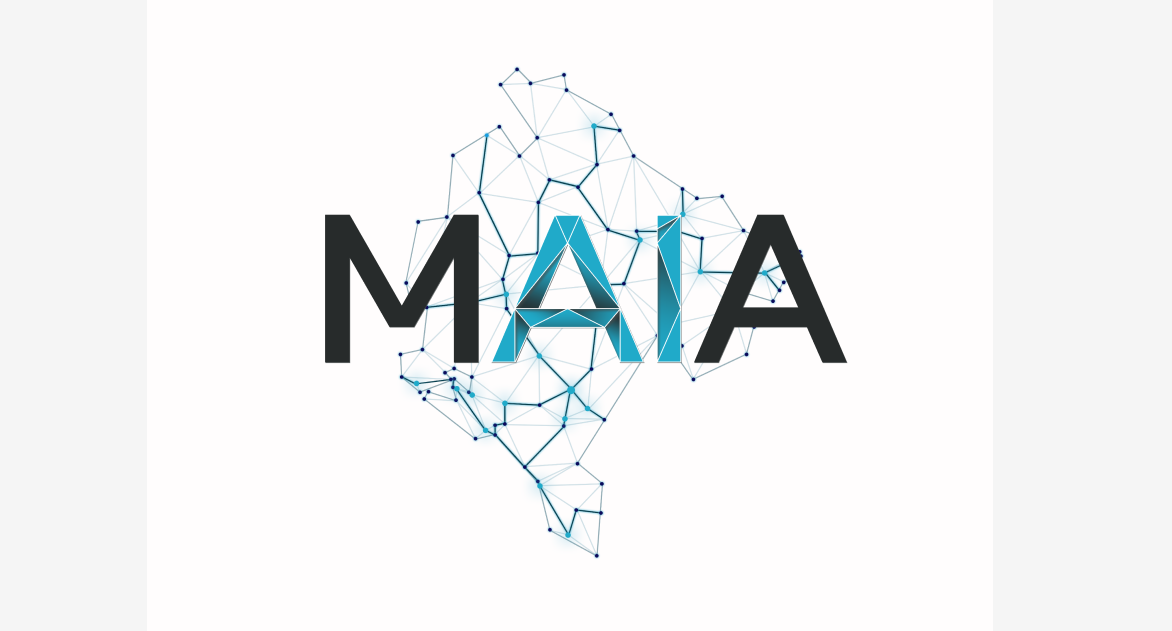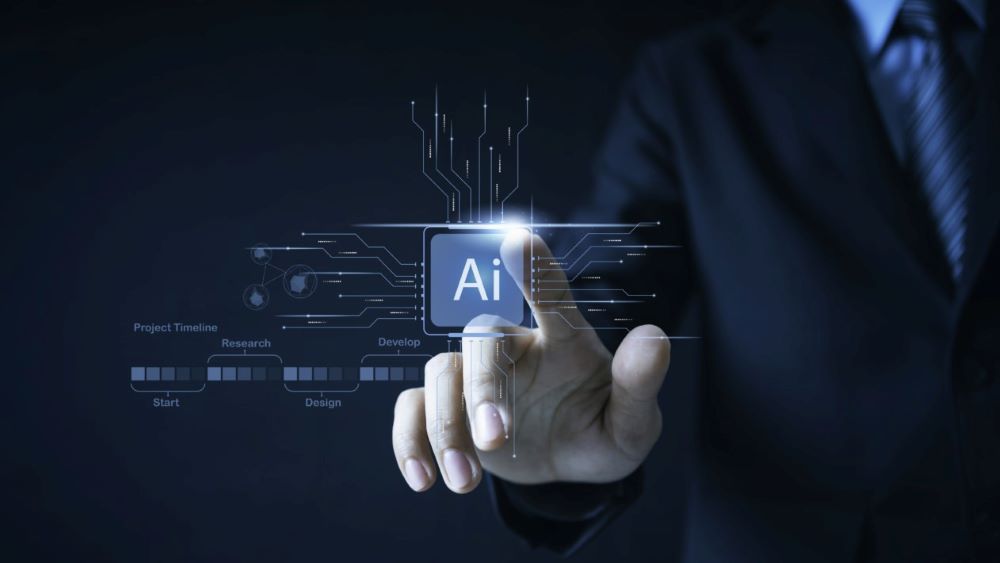
The era of artificial intelligence (AI) has arrived and is one of the indispensable topics in our daily activities, with views ranging from apocalyptic predictions to saving the world. We witnessed similar predictions when electricity, microchips, and the Internet were invented.
AI won’t destroy the world, and it could in fact save it. AI, like any other computer algorithm, aims to solve a specific task using human-programmed rules and processes. So, Man is the creator and owner of this technology and it is Man who can control it.
Human intelligence has been creating the world we live in today for millennia. With AI we have a chance to upgrade human intelligence, which would significantly accelerate innovative inventions in many fields, increase the probability of inventing drugs for today’s incurable diseases or find ways to mitigate climate change.
AI is creating a revolution worldwide, and Montenegro and the countries of the region will inevitably be, or already are, part of that wave. The development, application and use of AI solutions in Montenegro, although at a low level in the previous period, are now kickstarted. In the academic community, departments for AI have now been established to deal with advanced research in the fields of agriculture, traffic, ecology, economy. For example, through my research I am working on the development of methods for detecting and measuring the speed of vehicles based only on sound signals, which will affect better monitoring and greater safety of road users. The automation of the process of reading and understanding legal and financial documents has found its application in the banking sector, where AI systems successfully replace the manual processing of a large amount of documents, and at the same time achieve greater accuracy. Prevention of environmental disasters, caused by frequent fires during the summer season, are being worked on with an AI system for automatic, early detection of fires based on video recordings. Doctors in polyclinics use AI assistants that allow them to examine their patients faster and better. AI systems create educational content for children and thereby participate in their proper education from an early age.
All the above examples are the first steps in the research and practical application of artificial intelligence in Montenegro. However, if we want to give full momentum to the development of AI and ensure that these examples do not remain isolated, it is necessary to create a systemic strategy for AI at the state level. One of the pillars of this strategy should be education, with a primary focus on computer science and AI programming.
The best preparation for a world powered by artificial intelligence is education. When it comes to AI literacy, we are still at the very beginnings where a limited group of engineers, working in academia and the industry, manage AI knowledge for the rest of humanity. Society will be much richer if we actively involve and introduce our children to the world of AI, so that they can be the first generation to face the potential of it. If we do not impart the necessary knowledge to Montenegrin students at school, so that they can face the future demands of the workforce, they will find themselves in a serious and unfavorable position compared to countries that have taken AI technology more seriously in their curriculum.
This is exactly the reason for the initiative of the MAIA community (Montenegro association for AI) whose main goal is the promotion and development of artificial intelligence through research, education and cooperation. With our knowledge and experience, acquired both in the country and abroad, we can contribute to Montenegrin society by joining the wave of innovations, raising awareness and interest in AI.
